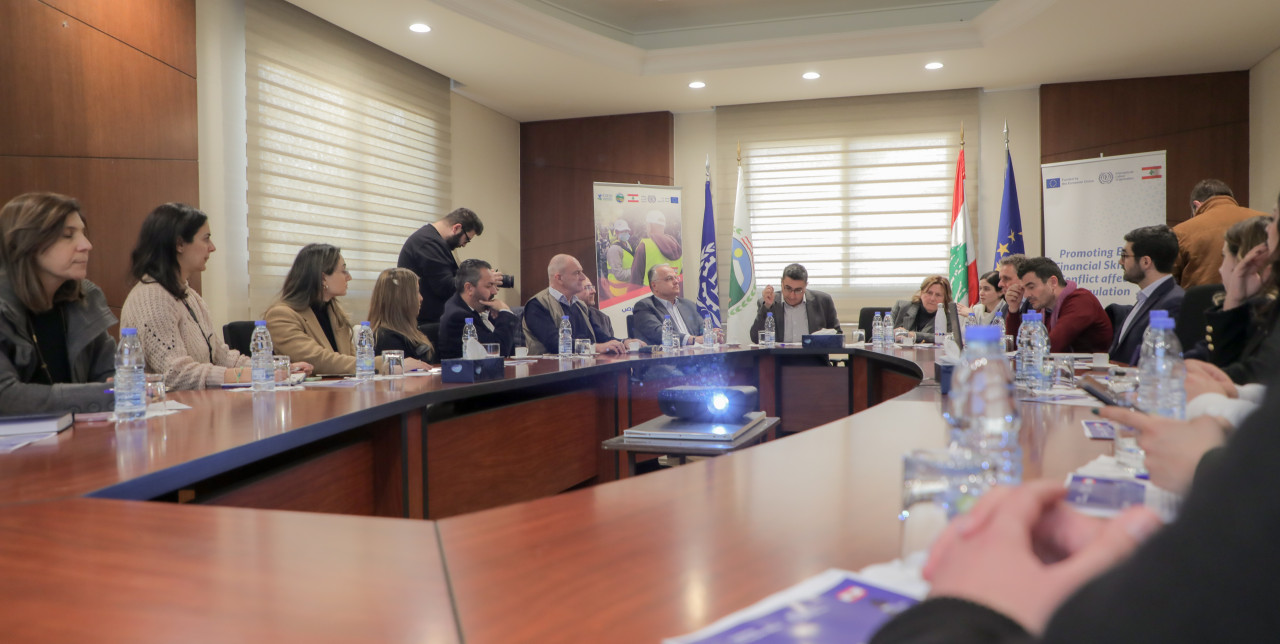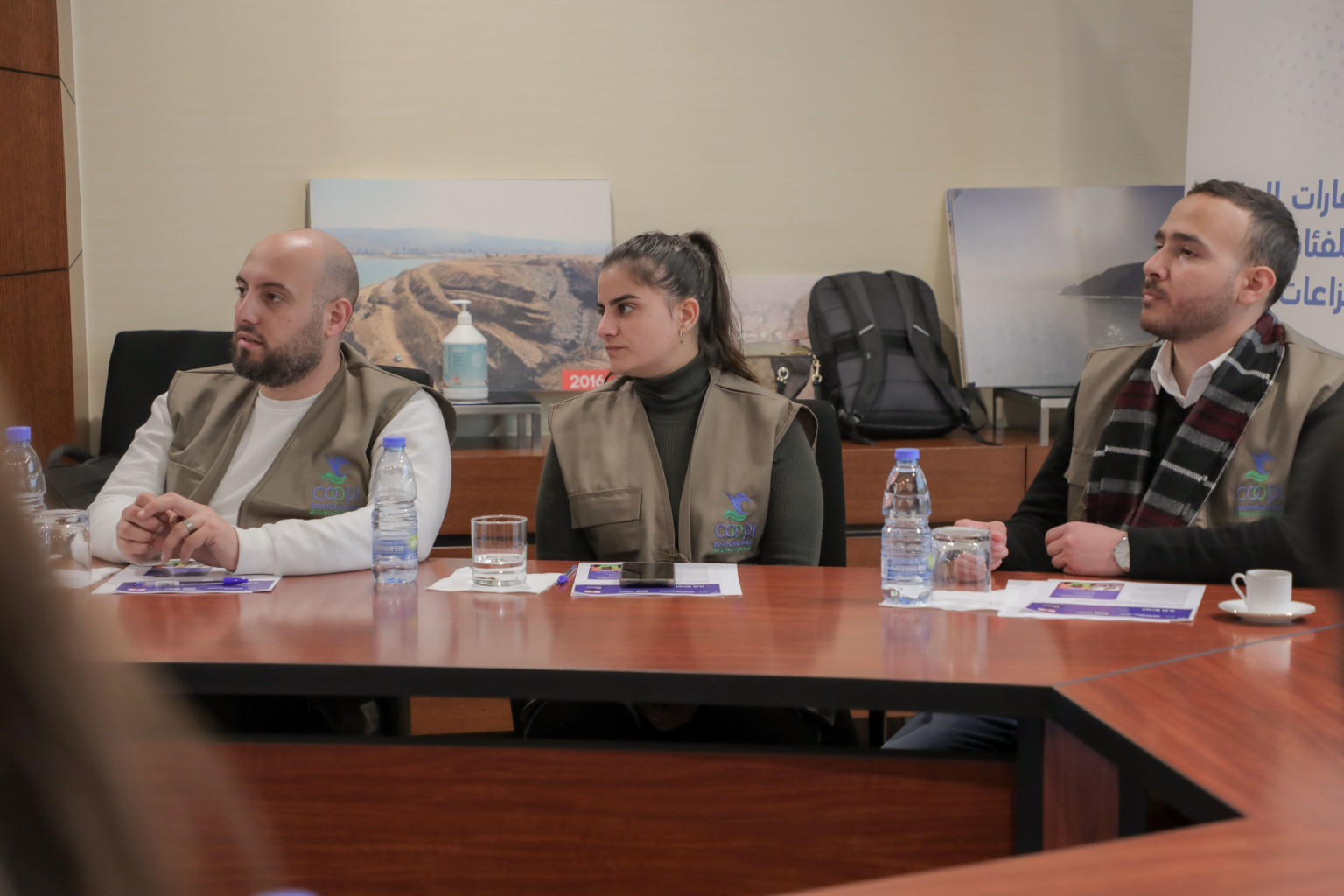15-07-2025 | di COOPI
Lebanon. Empowering communities through work: Bourj Hammoud’s project
The municipality of Bourj Hammoud, one of Lebanon’s most dynamic centers for industry and commerce, has been severely impacted by the country’s ongoing economic and humanitarian crises. Limited financial resources have led to major challenges in waste management, resulting in frequent flooding and poor conditions and inadequate maintenance of roads and public spaces. To address these issues, the project "Job Creation Activities in Bourj Hammoud," part of the International Labour Organization (ILO) ENABLE programme funded by the European Union, aims to improve infrastructure resilience while providing economic opportunities to vulnerable and marginalized communities.
COOPI - Cooperazione Internazionale, in partnership with AEP, has been entrusted with the implementation of this initiative. Following the ILO’s Employment-Intensive Infrastructure Program (EIIP) approach, COOPI has engaged 200 unskilled workers in site work activities for 40 days. This initiative not only enhances community infrastructure but also fosters social inclusion by creating employment opportunities. The active involvement of local authorities, as well as local and international organizations working in the area—particularly in identifying vulnerable and marginalized individuals—highlights once again COOPI and its partners' commitment to a community-based approach aimed at achieving meaningful goals.
On January 23rd, a meeting was held in Bourj Hammoud’s municipality to present the project's achievements and engage in dialogue with stakeholders and beneficiaries. The event was attended by representatives from the European Union Delegation, the ILO, Lebanon’s Ministry of Social Affairs, Bourj Hammoud municipality, as well as COOPI and AEP. The gathering served as a platform to discuss the progress made and the ongoing impact of the intervention.
One of the project’s key achievements is its success in promoting inclusivity. While the initial goal was to have 30% female participation, the project exceeded expectations, reaching 58%. Additionally, the involvement of people with disabilities increased from the targeted 4% to 6%. These milestones reflect the commitment of all partners to fostering equality and empowering vulnerable groups, particularly women, youth, and persons with disabilities.
To date, the project has successfully cleaned 299 drains and rehabilitated several public gardens. A sustainability and maintenance plan was also developed to ensure long-term impact. Among the notable success stories is the restoration of a water drainage system that had been neglected for over 20 years. Once clogged with debris and causing frequent flooding, the system was restored through the efforts of 20 local workers, significantly improving living conditions for hundreds of households. Similarly, several drainage systems, previously filled with over a meter of mud, have been cleaned, reducing the risk of flooding and improving sanitation for the community.
During the meeting, beneficiaries, including women and persons with disabilities, participated in a focus group discussion. Representatives from the EU, the ILO, and Lebanon’s Ministry of Social Affairs engaged directly with them, encouraging dialogue on their experiences and aspirations. The discussion reinforced the importance of empowering individuals through meaningful employment opportunities and fostering a sense of ownership in community development efforts.
The event was concluded with a field visit to observe the ongoing cleaning and maintenance activities, including storm drains’ restoration and streets’ sweeping. This initiative continues to stand as a testament to the power of employment-based infrastructure development in building resilience and fostering social inclusion within vulnerable communities.
COOPI - Cooperazione internazionale has been active in Lebanon since 2013 alongside Syrian refugees and host communities, especially women and children. COOPI's activities are aimed at child protection, improving sanitation and the socio-economic situation of the population.




 Lebanon
Lebanon
